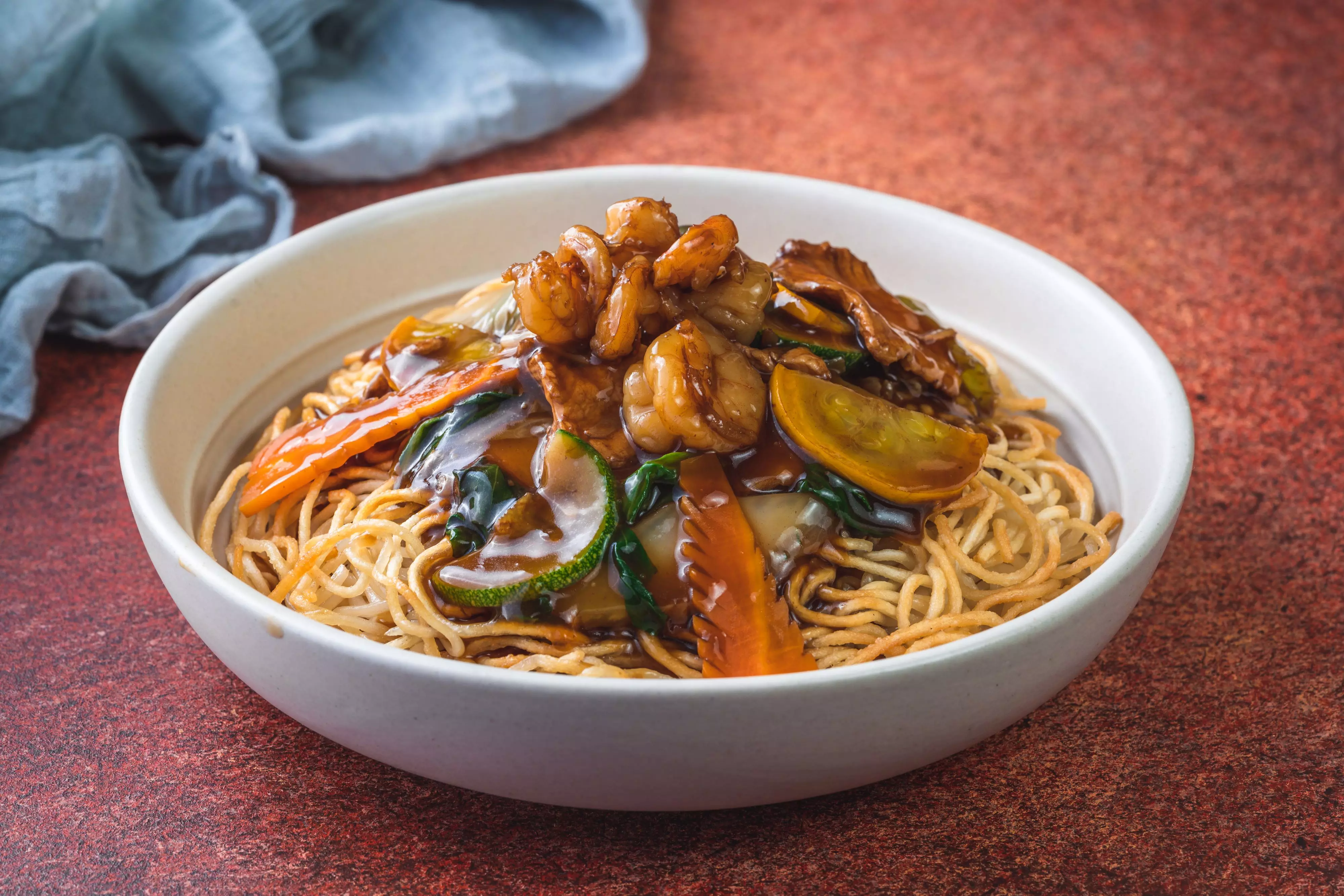China’s Noodle Theory Sparks Doping Controversy

When 23 Chinese swimmers tested positive for the banned heart drug trimetazidine (TMZ) earlier this year, the explanation offered by Chinese officials raised eyebrows worldwide. The Chinese anti-doping chief, Li Zhiquan, claimed the positive tests were caused by contaminated noodles prepared with cooking wine tainted by the banned substance.
The unusual defense was introduced during a meeting of the Institute of National Anti-Doping Organizations on April 30. Li explained that industrial alcohol containing TMZ had allegedly been used in a pharmaceutical factory’s distillation process. This alcohol, he argued, had entered the market illegally and was later used to produce cooking wine, which was then consumed by the athletes via beef noodles. According to Li, this contamination led to trace amounts of TMZ being detected in the swimmers’ samples.
This “culinary conspiracy” was met with skepticism by anti-doping officials. Lawyer Eric Cottier, hired by the World Anti-Doping Agency (WADA) to investigate the case, dismissed the explanation as speculative. “Giving it more attention would have required it to be documented, then scientifically verified and validated,” Cottier wrote in his report. Despite these reservations, the theory made its way into Cottier’s 58-page investigation, which ultimately concluded that WADA acted reasonably in accepting China’s claim of accidental contamination.
Foul Play or Legitimate Explanation?
The doping scandal, revealed in April through reports by The New York Times and German broadcaster ARD, disclosed that all 23 swimmers tested positive for TMZ. The substance, banned due to its performance-enhancing properties, is often linked to improving endurance. While China’s anti-doping agency maintained that the contamination was unintentional, critics questioned the lack of sanctions and the absence of a public announcement regarding the findings, which is standard practice in similar cases.
Initially, China’s explanation focused on traces of TMZ found in the kitchen of a hotel where the swimmers had stayed. WADA’s chief scientist expressed skepticism about the plausibility of this scenario but admitted there was insufficient evidence to challenge China’s claims. With little chance of winning an appeal, WADA chose not to press the matter further.
However, Li’s noodle theory added a bizarre twist to the case. Presented as a possible explanation, the idea suggested that contaminated cooking wine used to prepare the noodles had inadvertently exposed the athletes to TMZ. Li noted that in a separate incident, authorities had prosecuted individuals responsible for selling tainted cooking wine.
Critics Question WADA’s Role
The noodle theory, forwarded to WADA by anti-doping leaders, was accompanied by a request from Li to keep the details confidential. While it became part of Cottier’s final report, critics argue that the explanation lacked credibility and that WADA’s reliance on China’s findings undermined its own authority.
Rob Koehler, director general of the advocacy group Global Athlete, described the case as deeply troubling. “There are more twists in this story than a James Bond movie, and all of it is complete fiction,” Koehler said. He called for an independent investigation into WADA’s handling of the case, citing concerns about transparency and impartiality.
The decision not to appeal has sparked concerns about whether WADA prioritized expediency over thoroughness. “It gives the appearance that people are just making things up as they go along, hoping the story will go away,” Koehler added.
Lingering Questions
Though Cottier’s report highlighted issues with how both WADA and China managed the case, it ultimately concluded that WADA’s decision was reasonable under the circumstances. The lack of concrete evidence to refute China’s claims left little room for further action.
Still, many questions remain unanswered. How did TMZ traces end up in the hotel kitchen, as initially suggested? Was the noodle theory a plausible explanation or an attempt to deflect responsibility? Critics argue that these ambiguities point to the need for greater scrutiny and independent oversight.
In the meantime, 11 of the swimmers involved in the case have already returned to competition, including participation in the Paris Games earlier this year. Their presence on the international stage has reignited debate over the integrity of anti-doping systems and whether cases like this erode trust in fair play.
Calls for Reform
The noodle saga is one of several recent controversies that have raised concerns about WADA’s effectiveness. Advocacy groups argue that the agency’s dual role as both regulator and investigator creates conflicts of interest that hinder impartiality.
Koehler and others are calling for reforms to ensure greater transparency and accountability in handling doping cases. They contend that independent investigations, rather than internal reviews, are essential to maintaining trust in the anti-doping process.
While WADA considers the Chinese case closed, the unusual circumstances surrounding it have kept the issue alive. For now, the mystery of the noodles—and whether they were truly to blame—remains unresolved, fueling ongoing debates about the need for change in the fight against doping.
